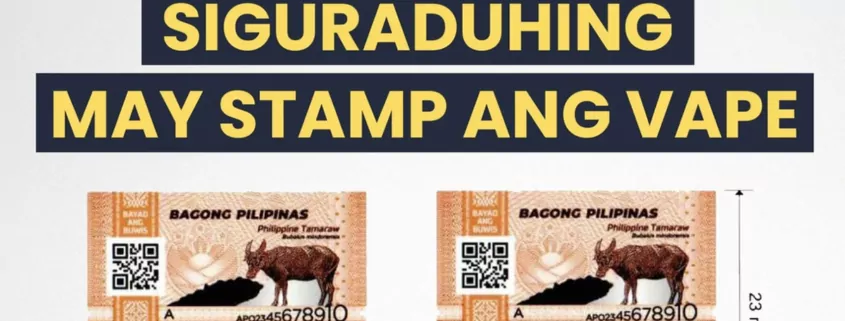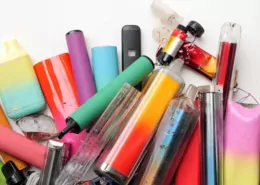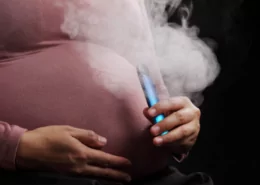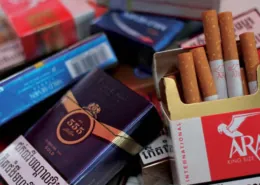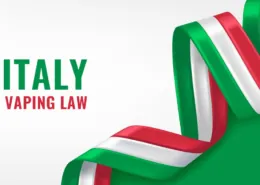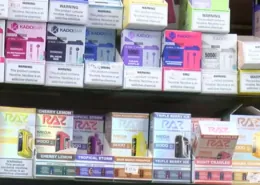Philippines Expects Vape Stamps to Reduce Excise Tax Gap
The Bureau of Internal Revenue (BIR) in the Philippines is optimistic that the implementation of vape stamps will help narrow the excise tax gap in 2025. BIR Commissioner Romeo Lumagui highlighted this strategy as a response to changing consumer preferences and challenges in tax collection.
Key Points:
- Vape stamps mandated to ensure proper tax collection on vape products
- Strategy addresses shift in consumer preference from tobacco to vape
- Aims to combat vape smuggling and illegal sales in the “backyard industry”
- Fourth generation internal revenue stamps required since June last year
- 2024 saw a 3.86% increase in total excise taxes, reaching P303 billion
- 2025 projection: P337.8 billion in excise tax collection, up 11.4%
- Read more: Philippines BIR to Align Taxes on Tobacco and Vape Products
Philippines Raises Tobacco Excise Taxes for 2025
Lumagui emphasized the difficulty in tracking illegal vape sellers due to the ease of home production. The vape stamp requirement is expected to improve compliance and help the BIR capture taxes from the growing vape market.
While the exact impact of vape stamps on excise tax collection remains to be seen, the BIR views this measure as crucial in adapting to market trends and closing the tax gap. Excise taxes, which include levies on alcohol, tobacco, sweetened beverages, and minerals, contribute approximately 12% to the BIR’s overall collection.
- News source: BIR: Vape regulation to trim excise tax gap
- Austria Plans to Ban Disposable E-Cigarettes - August 5, 2025
- Vaping vs. THC Drinks: Which Cannabis Option Is Right for You? - August 4, 2025
- Colombia’s New Vape Law: A Reality Check on Enforcement - August 4, 2025

